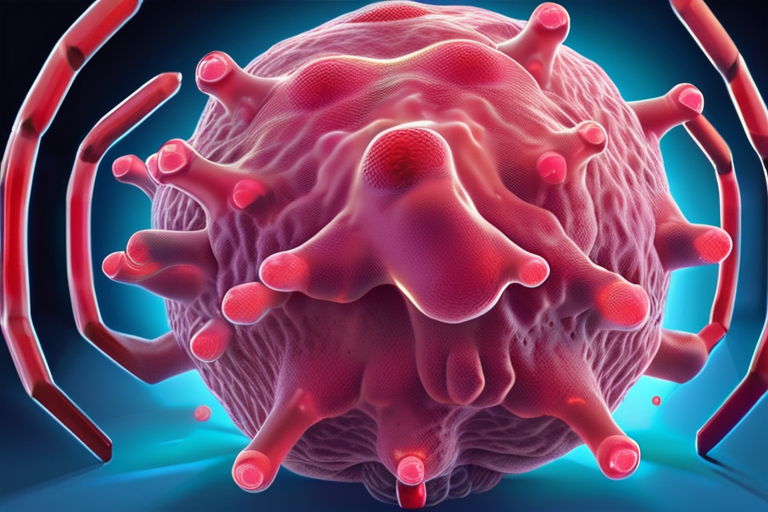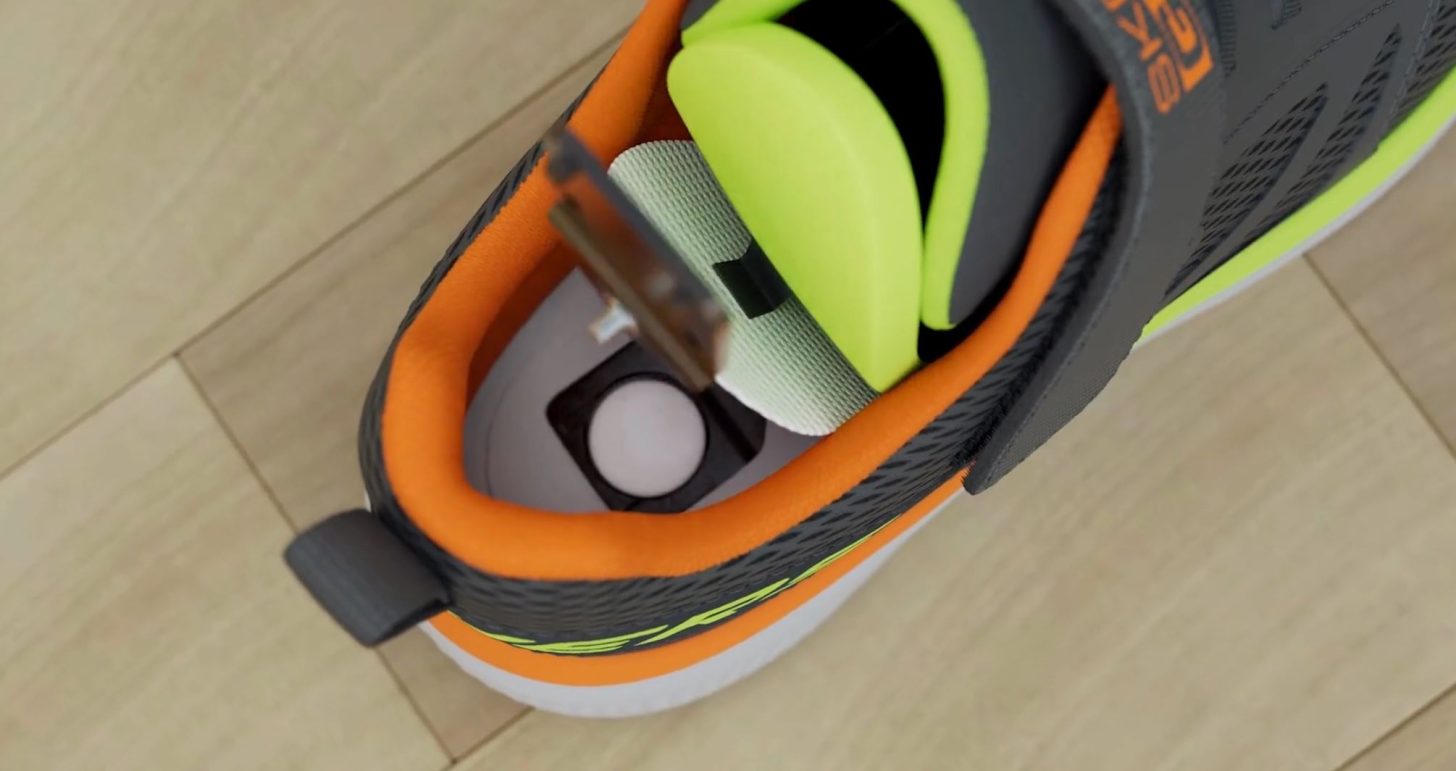MIT’s “stealth” immune cells could change cancer treatment forever


Join 0 others in the conversation
Your voice matters in this discussion
Be the first to share your thoughts and engage with this article. Your perspective matters!
Discover articles from our community

 404news
404news

 Hoppi
Hoppi

 Hoppi
Hoppi

 Hoppi
Hoppi

 Hoppi
Hoppi

 Hoppi
Hoppi

The notion of slipping an AirTag into a child's shoe may seem like a drastic measure to some, but for …

404news

Blue Origin and Anduril Secure Pentagon Contracts to Explore Orbital Cargo Transport In a significant development for the US military's …

Hoppi

LeadershipAustraliaANZ staff face pay cuts if office attendance markers arent metBy Adam HaighBy BloombergBy Adam HaighBy Bloomberg ANZ chief executive …

Hoppi

60 Years After Gemini, Newly Processed Images Reveal Incredible Details In a groundbreaking achievement, newly processed images from the Gemini …

Hoppi

Satirical Statue Sparks Controversy: "Best Friends Forever" Depicts Trump and Epstein A satirical pop-up statue, titled "Best Friends Forever," has …

Hoppi

California Rideshare Drivers Gain Unionization Rights Under New Law SACRAMENTO, Calif. - California Governor Gavin Newsom signed legislation on Friday …

Hoppi